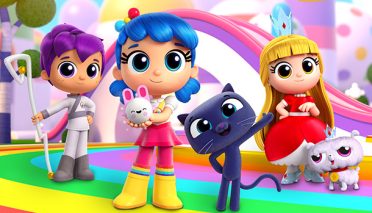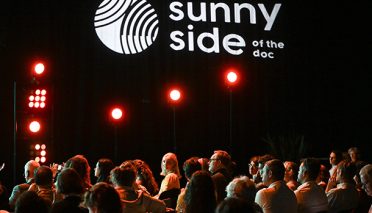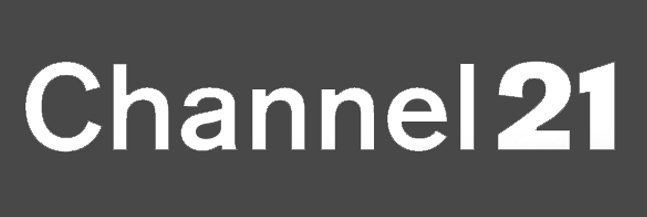Although a merger with Latvijas Radio will help Latvian public service broadcasting, major challenges still lie ahead, says Ivars Priede, chairman of the board at LTV.
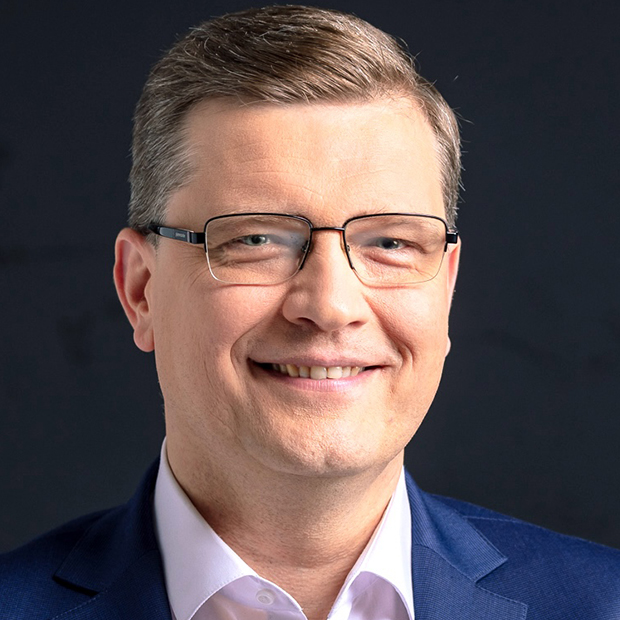
Ivars Priede
This year marks Latvian Television (LTV)’s 70th anniversary as a broadcaster – and a major change for the public service entity. Following years of debate, culminating in amendments to the law regarding public electronic media, it was decided to merge LTV with its radio counterpart Latvijas Radio on January 1 2025 to form a new body known as Latvia Public Media.
For Ivars Priede, chairman of the board at LTV, there is significant logic behind the move: “We are a small market, with less than 1.9 million people in this country. Historically, the media market is poorly financed, so you can’t afford to have two legal entities.”
Furthermore, he adds, “increasingly they are doing the same thing. Radio is becoming more audiovisual and TV is adding audio services. Ultimately, we are becoming more and more alike.” Another reason for the merger, according to Priede, is that “when you join forces correctly there is a hope that the company becomes stronger and more influential, fulfilling the duty that any public service media has in their mission.”
How the merger will, in practice, affect LTV remains to be seen. What is known is that it is planned in two stages, with the first combining financial and legal departments and the second, coming in 2026, implementing the final structure of the combined media entity. The merger will cost €384,000 and the new entity will receive more funding in future years, reaching €61.65m or 0.12% of Latvia’s GDP by 2026. As of late 2024, according to Priede, LTV has 550 employees and annual revenues of around €30m.
LTV currently operates two linear TV channels. While LTV1 offers a wide variety of content including news, analytical and investigative programmes, cultural events, children’s content, entertainment and sports, LTV7 is lifestyle-focused and includes sports, documentaries, films and lifestyle programmes in its schedule. LTV1, says Priede, is the most watched channel in the country, while LTV7 is number three, though its position is threatened by strong competition.
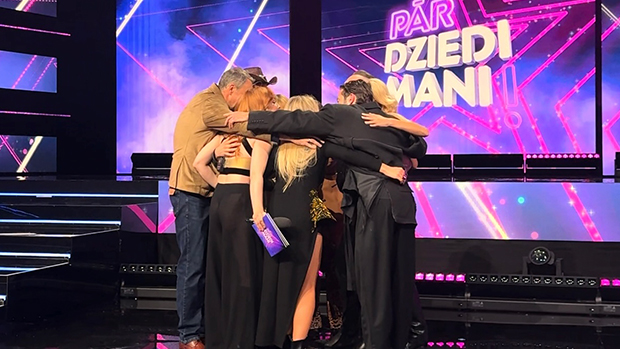
New music show Oversing Me made its debut in November
LTV and Latvijas Radio also both contribute content to the portal LSM, which mainly shows socio-political news and analysis, and Replay.lv, a platform offering live and on-demand content.
Priede points out that LTV also operates quite extensively on social platforms: “According to research, one third of our audience is coming from social networks. It’s good that we have it. We are creating a sort of dependency on the platforms. In the short term, when we see that linear TV consumption is gradually but steadily declining that’s one of the options to gain our audience.”
When it comes to programming on LTV, Priede says that there is no particular leadership other than for special events such as the Olympic Games or a song and dance festival that takes place every five years. In each case, such events can secure over half of the TV viewership in Latvia.
In general, LTV1 leads in all time slots, “but it’s not a major game-changer. We take each bit of it and we have tough competition from commercial channels so we gain a bit of everything. Small victories combine to create a big victory for LTV1.”
LTV7, on the other hand, “steals all the audience” when it shows major sporting events.
Priede stresses that while LTV sees the potential in entertainment, it tries to make it not look cheap and instead offer it to viewers as infotainment that has “some added value”. He cites as an example a new music show named Oversing Me, which made its debut in November. LTV also licences formats: an example is a show aimed at children and young people called Clever & Even More Clever.
To a limited degree, LTV also works with independent producers. “Again, it’s a question of funding. One minute of independent production is a bit more challenging than one minute of our own in-house production. Mainly they are documentaries or series, competitions but with added value.”
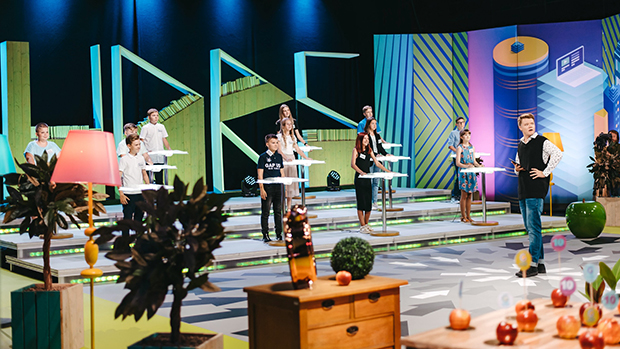
Kids show Clever & Even More Clever
For instance, says Priede, a cookery show would feature traditional cooking from every region of Latvia and not be just “straightforward entertainment”.
Although coproductions are thin on the ground due to funding issues, Priede says “funding is going to be growing. It’s [on a] case by case [basis].” Yet despite this, they can be a challenge, even in the Baltics, notes the exec. “We have different agendas. You can’t produce one which will have the same interest in other countries.” This, says Priede, contrasts with the situation seen in the Nordics. Despite this, efforts are being made between the Baltic public broadcasters to coproduce.
At Content Warsaw in June, C21 reported that Estonia’s ERR, Lithuania’s LRT and LTV were in talks with BBC Studios to secure the format rights to Maestro, the classical music-themed series originally broadcast on BBC Two in the UK in 2008. However, while acknowledging “there were some negotiations” on the joint acquisition of the BBC format, Priede said he was unable to confirm “any accomplished deal” at this stage.
Looking at the wider market, Priede believes that one of the main problems facing the industry in Latvia is declining advertising revenues, with the threat of big tech companies taking them increasingly evident. “Overall, the industry, at least in electronic media, is turning into paywalls, turning into subscription-generated revenues, sacrificing advertising revenues,” comments Priede.
The TV station TV24, as an example from outside LTV, has made the “purely business-driven decision” to move from a free-to-air to cable and satellite delivered at the end of this year as it “hopes to gain more money from subscriptions instead of selling advertising,” he notes.
Priede believes the whole industry is underfinanced and at least five years behind neighbouring Lithuania and Estonia in terms of development. In the case of LTV, it is only now in the process of acquiring a media management system, which is considered the backbone of production. It is also replacing a fleet of OB vans that are over 15 years old.
Yet perhaps one of its biggest challenges is the fact that now people use TV sets around 50% of the time not to watch television, but for something else, with OTT services accounting for between 40-45% and computer games and the like the remainder. Given this, linear TV, though it will not close, will eventually become a supporting rather than main channel.
Ultimately, LTV will have to compete with all the big tech companies and attract its audience with original and high-quality content, something Priede concedes will be a challenge. It will also have to be able to provide competitive ways of watching the content.



